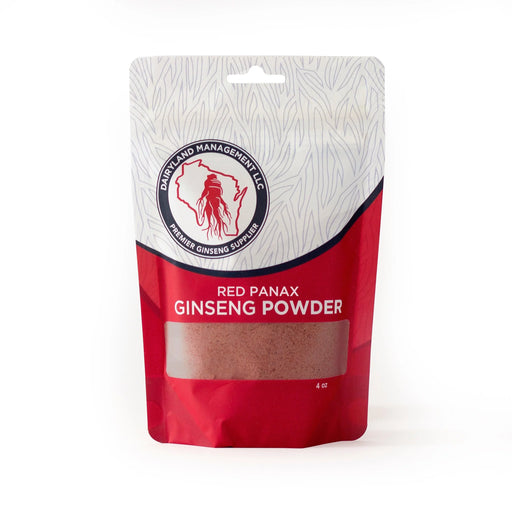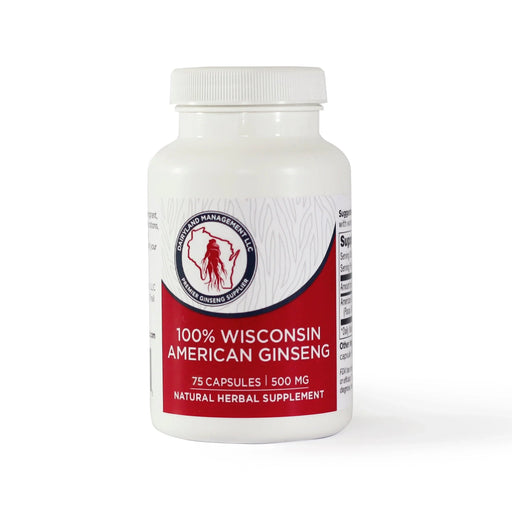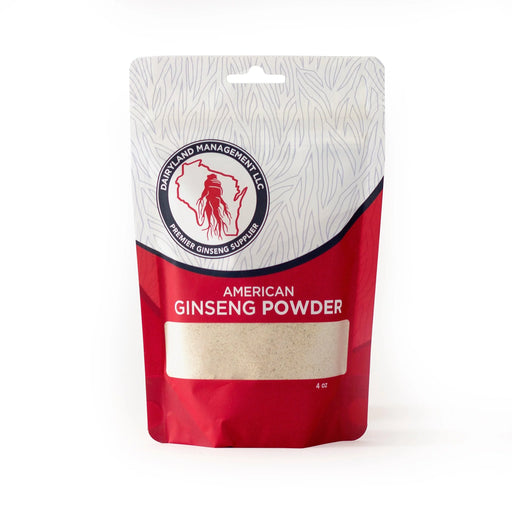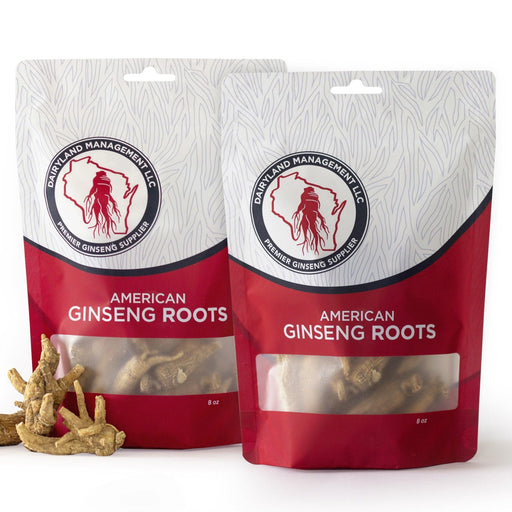Can Ginseng Help Lower Blood Sugar Levels?
Ginseng, a well-known herbal remedy in traditional medicine, has gained attention for its potential to help manage blood sugar levels. Research suggests that ginseng, particularly American and Korean varieties, may support glucose metabolism and improve overall blood sugar control. This benefit is largely attributed to active compounds in ginseng called ginsenosides, which influence insulin sensitivity and glucose uptake.
How Ginseng May Help Reduce Blood Sugar Levels
Ginseng’s ability to manage blood sugar comes from its multiple mechanisms of action, making it a promising natural supplement for individuals with diabetes or prediabetes.
1. Improves Insulin Sensitivity
One of the primary ways ginseng aids in blood sugar regulation is by enhancing the body’s response to insulin. Insulin is the hormone responsible for moving glucose from the bloodstream into cells. By improving insulin sensitivity, ginseng allows the body to use insulin more efficiently, helping regulate blood sugar levels more effectively.
2. Delays Carbohydrate Absorption
Some studies have shown that ginseng may slow the breakdown of carbohydrates during digestion. By delaying carbohydrate absorption, ginseng helps prevent rapid spikes in blood sugar levels after meals, a common issue for people with Type 2 diabetes.
3. Supports Pancreatic Function
Ginseng may stimulate insulin production in the pancreas, which is particularly beneficial for individuals with impaired insulin secretion. This effect helps improve blood sugar management and can support overall metabolic health.
4. Boosts Glucose Uptake in Cells
Research indicates that ginseng increases the uptake of glucose by cells, effectively reducing the amount of sugar circulating in the bloodstream. This mechanism not only supports immediate blood sugar control but also improves long-term glucose metabolism.
Scientific Evidence on Ginseng and Blood Sugar Control
Numerous studies highlight the effectiveness of ginseng in managing blood sugar levels:
-
American Ginseng and Post-Meal Blood Sugar A study revealed that American ginseng significantly reduced post-meal blood sugar levels in participants with Type 2 diabetes. The study noted that consuming ginseng before or during meals helped regulate blood sugar spikes.
-
Korean Ginseng for Fasting Blood Sugar Clinical trials involving Korean ginseng have demonstrated improvements in fasting blood sugar levels and overall glucose control. Participants in these studies showed reduced blood sugar levels after consistent use of ginseng supplements.
-
Role of Ginsenosides Ginsenosides, the active compounds in ginseng, play a key role in its blood sugar-lowering effects. These compounds interact with cellular pathways that regulate glucose metabolism, making ginseng an effective natural option for blood sugar management.
How to Use Ginseng for Managing Blood Sugar Levels
Incorporating ginseng into your routine requires proper dosage and consistency for optimal results. Here are some guidelines:
- Dosage: Ginseng is typically consumed in doses of 500 mg to 1,000 mg daily, depending on the specific product and individual needs. Always follow product instructions or consult a healthcare provider for personalized advice.
- Timing: Some studies suggest taking ginseng 30 minutes before meals to help regulate post-meal blood sugar spikes.
- Forms: Ginseng is available in various forms, including capsules, teas, extracts, and powders. Choose a high-quality product from a reputable brand for maximum benefits.
Precautions and Safety Considerations
While ginseng may help reduce blood sugar levels, it is essential to use it safely and effectively. Consider the following precautions:
-
Consult a Healthcare Provider
Always speak with a healthcare professional before starting ginseng, especially if you have diabetes or are on blood sugar-lowering medications. Combining ginseng with these medications may cause hypoglycemia (low blood sugar). -
Monitor Blood Sugar Levels
If you decide to use ginseng, regularly monitor your blood sugar levels to ensure they remain within a healthy range. Adjustments to medication or supplementation may be necessary based on your body’s response. -
Avoid Overuse
Excessive use of ginseng can lead to side effects such as headaches, insomnia, digestive upset, or changes in blood pressure. Stick to recommended dosages and monitor for adverse reactions. -
Complement a Healthy Lifestyle
Ginseng is not a replacement for prescribed diabetes medications, a balanced diet, or regular physical activity. Use it as part of a holistic approach to managing blood sugar levels.
The Role of Ginseng in Blood Sugar Management
By improving insulin sensitivity, delaying carbohydrate absorption, and supporting pancreatic function, ginseng offers a natural way to manage blood sugar levels. Its ability to enhance glucose uptake further supports its role as an effective supplement for individuals with diabetes or those seeking to maintain healthy blood sugar levels.
Clinical studies continue to highlight ginseng’s potential as a complementary option for managing Type 2 diabetes, prediabetes, and metabolic health. However, it is crucial to combine ginseng supplementation with a healthy lifestyle and proper medical care for optimal results.
In summary, ginseng provides a valuable natural option for blood sugar management, offering benefits that include reducing post-meal sugar spikes, improving insulin response, and supporting glucose metabolism. With proper use and guidance from a healthcare provider, ginseng can be a beneficial addition to your diabetes care routine.





